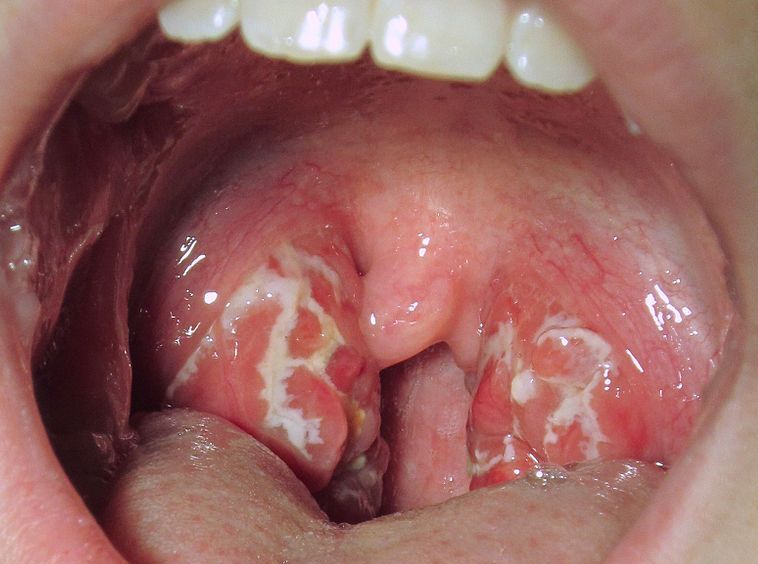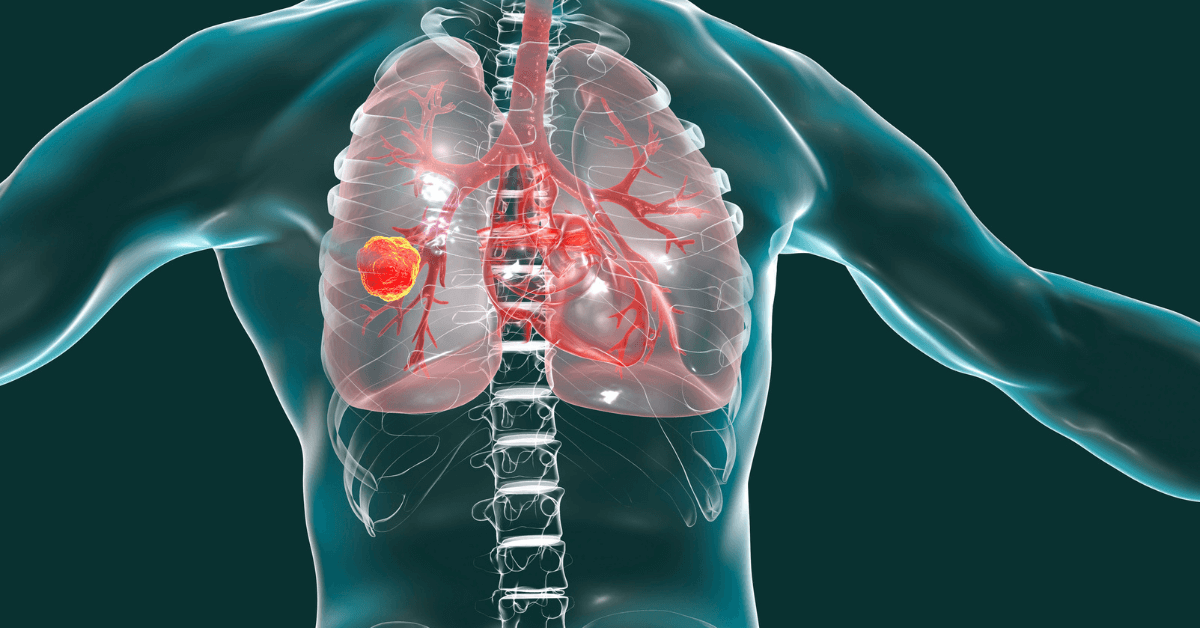Black pepper is one of the most commonly used spices worldwide. It’s made by grinding peppercorns, which are dried berries from the vine Piper nigrum. It has a sharp and mildly spicy flavor that goes well with many dishes. But black pepper is more than just a kitchen staple. It has been deemed the “king of spices” and used in ancient Ayurvedic medicine for thousands of years due to its high concentration of potent, beneficial plant compounds.
Benefits of Black Pepper
- High in antioxidants
- Has anti-inflammatory properties
- May benefit your brain
- May improve blood sugar control
- May lower cholesterol levels
- May have cancer-fighting properties
Facts
- Black Pepper comes from the dried fruit peppercorn (piper nigrum). It grows on a perennial flowering vine.
- The plant is particular about soil conditions and thrives in soil that is not too dry and not too wet.
- Pepper is typically cultivated in tropical regions and is native to south India.
- Ground table Pepper is typically 70% black and 30% white. However, the good stuff is 50/50.
- Black Pepper represents about 50% of a typical restaurant’s spice usage.
- Pepper is rich in both vitamin A and C. Black Pepper also has a very high caffeine content.
- Pepper loses its flavor and aroma through evaporation. Keep it in an airtight container and out of the sun.
Nutritional Facts Of Black Pepper
The following nutrition information for 1 tablespoon (6.9 grams) of black pepper is provided by the USDA.
- Calories: 17
- Fat: 0.2g
- Sodium: 1.38mg
- Carbohydrates: 4.4g
- Fiber: 1.8g
- Sugars: 0g
- Protein: 0.7g
- Magnesium: 11.8mg
- Vitamin K: 11.3mg
- Calcium: 30.6mg
- Iron: 0.7mg
- Potassium: 91.7mg
Risks Of Black Pepper
When taken by mouth: Black pepper is commonly eaten in foods. There isn’t enough reliable information to know if using larger amounts of black pepper as a medicine is safe.
When applied to the skin: Black pepper oil is possibly safe. It’s usually well-tolerated, but if it gets into the eyes it can burn. Some people might develop an allergy to black pepper.
When inhaled: Black pepper oil is possibly safe when used short-term. It might have a burning aftertaste and might upset the stomach. It might also cause cough.




